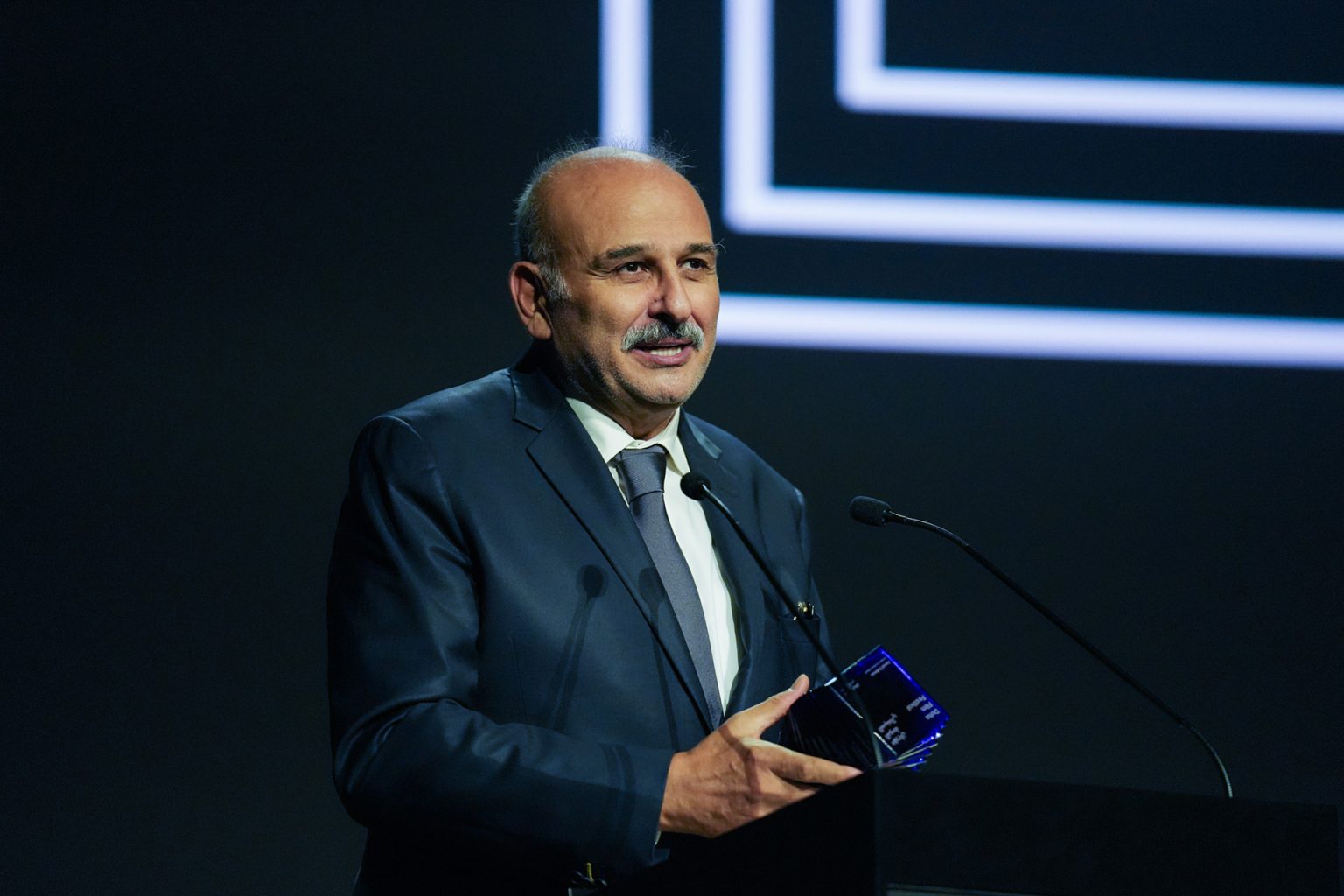The inaugural Doha Film Festival recently concluded, leaving a lasting impression on both industry professionals and moviegoers alike. Held from November 20th to 28th, 2025, the festival showcased a diverse array of cinematic talent and poignant storytelling. This year’s edition, particularly resonant, highlighted the power of film to bear witness to and amplify critical human stories, making the Doha Film Festival a key event in the regional and international film landscape. The festival’s closing moments were especially impactful, marked by the screening of films tackling difficult realities.
A Celebration of Cinema: The 2025 Doha Film Festival Overview
The Doha Film Festival 2025 presided over a thrilling nine days filled with premieres, discussions, and accolades. A total of 97 films from 62 countries graced the screens, demonstrating a remarkable commitment to global cinema. The festival wasn’t solely about entertainment; it aimed to be a platform for dialogue, cultural exchange, and a celebration of the artistic process. The atmosphere was one of vibrant energy, drawing significant participation from filmmakers, actors, and cinephiles from across the globe. This made the event a central point in the Middle East for cinematic art.
This year’s festival distinguished itself through its dedicated focus on human-centric narratives and courageous explorations of challenging themes. The selection process prioritized films that sparked conversation and offered unique perspectives on the world around us.
Honoring Artistic Excellence: جمال سليمان and كلشيفته فراهاني
The festival honored two exceptional figures in cinema, Syrian actor جمال سليمان (Jamal Suleiman) and Iranian actress كلشيفته فراهاني (Golshifteh Farahani), with the Excellence in Artistic Achievement award.
Suleiman, a renowned name in Arab cinema, expressed his profound surprise and gratitude upon receiving the award. He eloquently described cinema as “the art of storytelling,” emphasizing its ability to revisit and reimagine pivotal moments in our lives. This sentiment resonated deeply with many attendees.
Farahani, equally moved by the recognition, powerfully asserted that despite the numerous crises facing the Middle East, the region remains “the center and heart of the world.” She highlighted the unifying power of art, culture, and beauty, suggesting that these forces transcend divisions and foster understanding. Her words provided a sense of hope and resilience.
“صوت هند رجب” (The Voice of Hind Rajab): A Film Born from Tragedy
Perhaps the most deeply affecting moment of the Doha Film Festival was the opening night screening of “صوت هند رجب” (The Voice of Hind Rajab) directed by كوثر بن هنية (Kawther Ben H’nia). The documentary powerfully recounts the tragic story of هند رجب (Hind Rajab), a young Palestinian girl killed by Israeli forces.
The screening was particularly poignant with the presence of هند’s mother, alongside representatives from the Red Crescent who were involved in the harrowing attempt to rescue her, and وسام حمادة (Wisam Hammadeh), an artist connected to the story. هند’s mother bravely shared that her decision to share her daughter’s story was a deliberate attempt to transform personal pain into a universal message. She considered the film’s international exposure to be “a divine sign” to amplify the voices of the children of Gaza, enduring hardship and loss. “I am here to be their voice and remind the world that the childhood of Gaza needs saving before the last light goes out,” she stated powerfully.
Ben H’nia spoke about the profound responsibility she felt while making the film, beginning with the initial audio recordings of Hind. She emphasized the importance of conveying Hind’s story with accuracy and sensitivity. The director also praised the unwavering support of the Doha Film Institute and the collaborative spirit that brought the film to fruition. The gathering of all those intrinsically linked to Hind’s story was a unique and deeply moving aspect of the premiere. The film is a testament to the power of documentary filmmaking and a poignant example of filmic advocacy.
A Diverse and Competitive Program: The Festival Competitions
The Doha Film Festival boasted a rich and varied program organized around four main competitive sections. These included the “Feature Films Competition”, the “Short Films Competition”, “Made in Qatar” showcasing local talent, and “Generations” offering a platform for emerging filmmakers aged 16-25.
The “Short Films Competition” featured promising works such as “وداعا أوغاريت” (Goodbye Ugarit) by Sami Ben Ammar (Syria), “كل هذا الموت” (All This Death) by Fadi Syriani (Lebanon), and “تجري من تحتها الأنهار” (Rivers Run Underneath) by Ali Yahya (Iraq).
The “Feature Films Competition” highlighted notable Arab productions, including “بابا والقذافي” (Baba and Gaddafi) by Jihan Al-Aradi (Libya), “كان يا ما كان في غزة” (Once Upon a Time in Gaza), “مملكة القصب” (Kingdom of Reeds) from Iraq, and “ملكة القطن” (Queen of Cotton) from Sudan. This diverse selection underscores the festival’s commitment to supporting and showcasing Arab cinema. The focus on emerging talent through the “Generations” section indicates a long-term investment in the future of independent filmmaking.
In conclusion, the inaugural Doha Film Festival was a resounding success, offering a compelling combination of artistic brilliance, provocative storytelling, and unwavering human empathy. The festival not only provided a platform for filmmakers to showcase their work, but also fostered dialogue and understanding around crucial issues. The impact of films like “صوت هند رجب” and the recognition of esteemed artists such as جمال سليمان and كلشيفته فراهاني solidify the festival’s position as a significant cultural event in the region and beyond. The festival’s organizers have set a high bar for future editions, promising an even more vibrant and impactful cinematic experience in the years to come.


